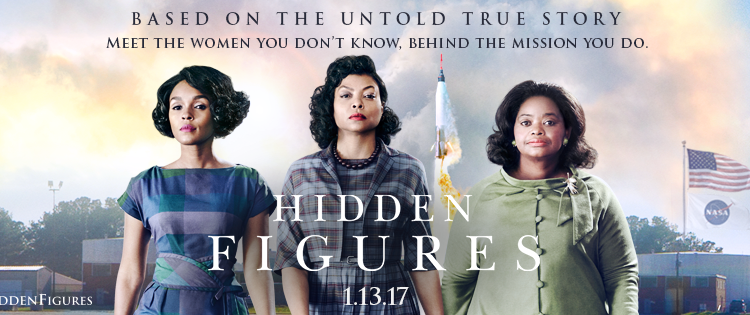 This past Saturday, I saw “Hidden Figures.” Awesome movie. One of the best I’ve seen in several years. Well acted and well written while telling an important story that has, until now, been unknown to most Americans.
This past Saturday, I saw “Hidden Figures.” Awesome movie. One of the best I’ve seen in several years. Well acted and well written while telling an important story that has, until now, been unknown to most Americans.
About a year go, I read “The Autobiography of Malcolm X,” without a doubt one of the best books I have ever read. In fact, it still haunts me to this day.
One passage in particular has stuck with me. When a teacher asked him what line of work he wanted to pursue after school, he said he wanted to be a lawyer. The teacher told him that wasn’t a realistic line of work for a black man (he didn’t say “black man;” he said a word I refuse to repeat).
That one incident shook me to the core. How many times did this happen? How many men and women were denied the chance to pursue their talents and ambitions? How many lawyers, engineers, scientists, teachers, political leaders, entrepreneurs, etc. have we missed out on – and continue to miss out on?
I thought about that incident the entire time I was watching “Hidden Figures.” I could see that mindset at work at the start, as Katherine Johnson, Dorothy Vaughan, and Mary Jackson faced barrier after barrier that had nothing to do with their abilities and everything to do with their skin color and gender.
But they were fortunate in the long run. The need for their skills was simply too great to be ignored. And their unwillingness to accept “that’s the way it is” made them impossible to be overlooked.
We often look at the cost of bigotry in terms of a body count, injuries, or physical damage. We don’t think about the cost of what might have been in abandoned dreams and unfulfilled potential.
In 2017, things are much better than they were for Katherine, Dorothy, and Mary in 1961 – and far better than they were for Malcolm X as a high school student. But many of those barriers they faced still exist – and a belief that ability is based on skin color or gender is still persistent in too many places.
On this Martin Luther King Jr. Day, we must remember that ending bigotry is not just a matter of changing laws – it’s about changing minds, changing hearts, and changing attitudes that many don’t think of as racist, just “the way it is.” And we must dedicate ourselves to knocking down the barriers that remain and allow all Americans the opportunity to reach their potential.


